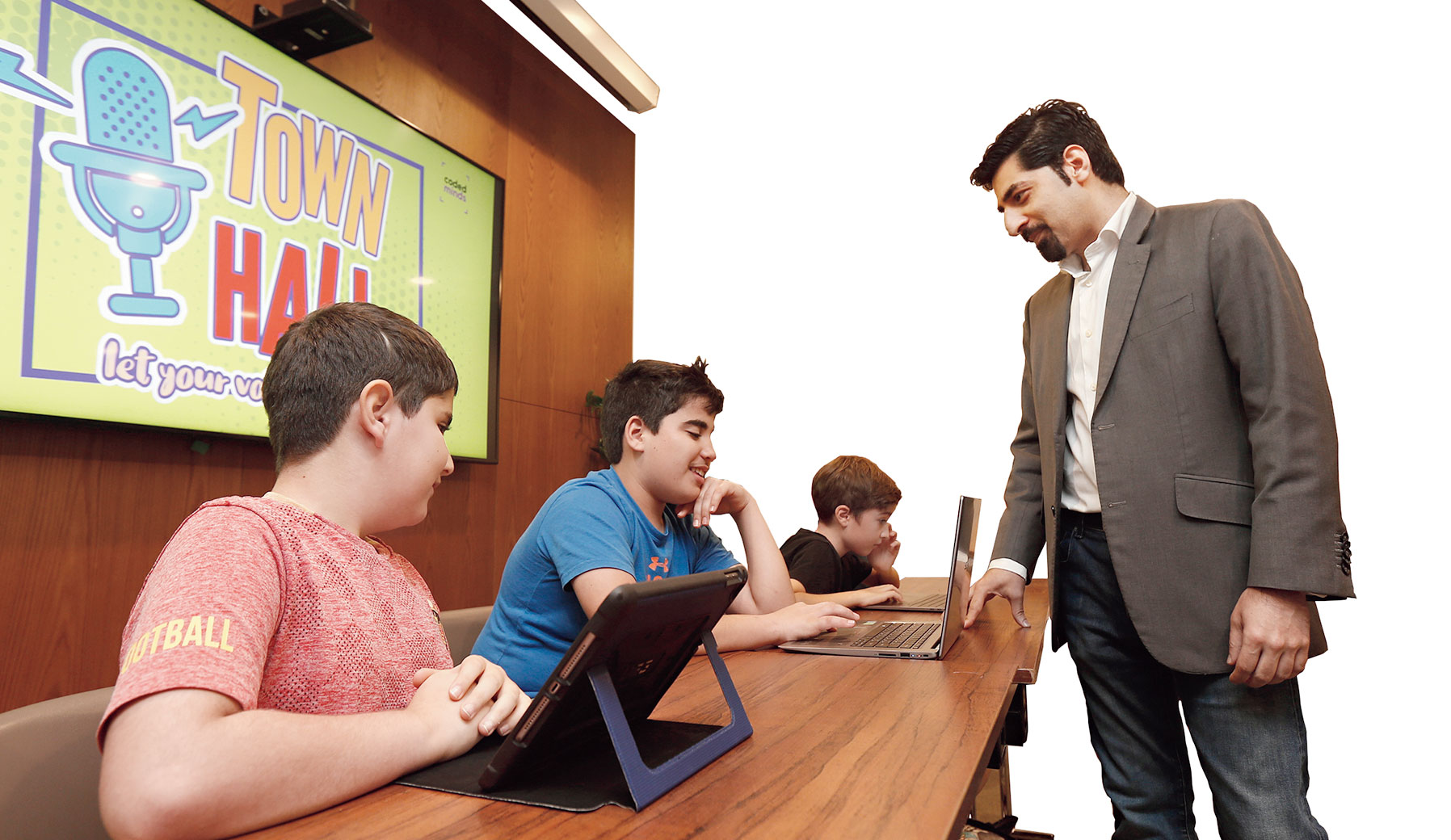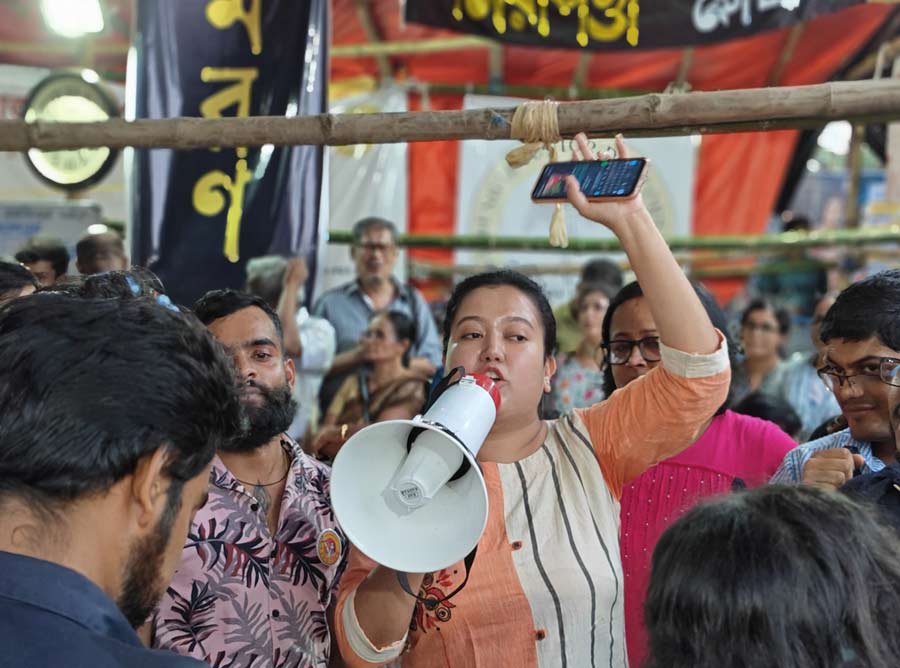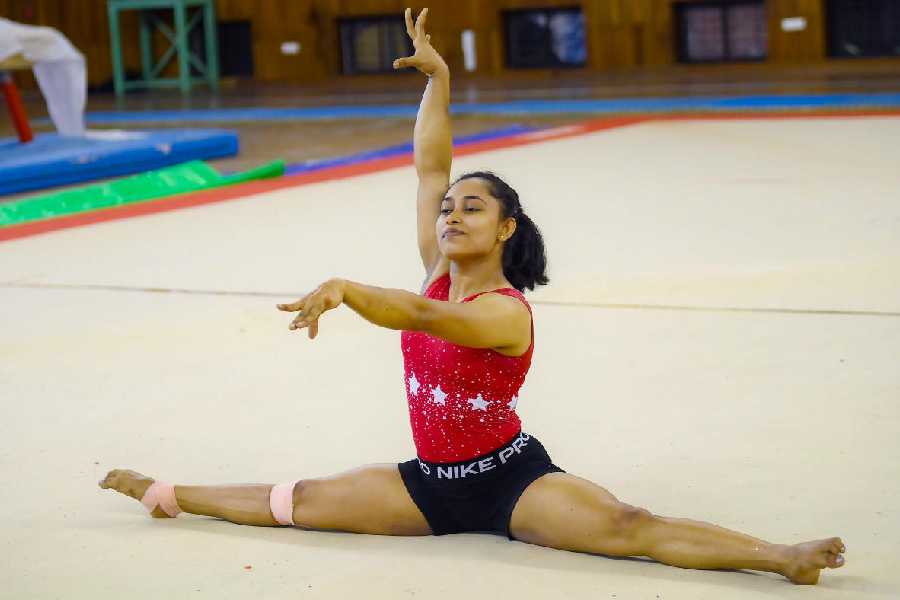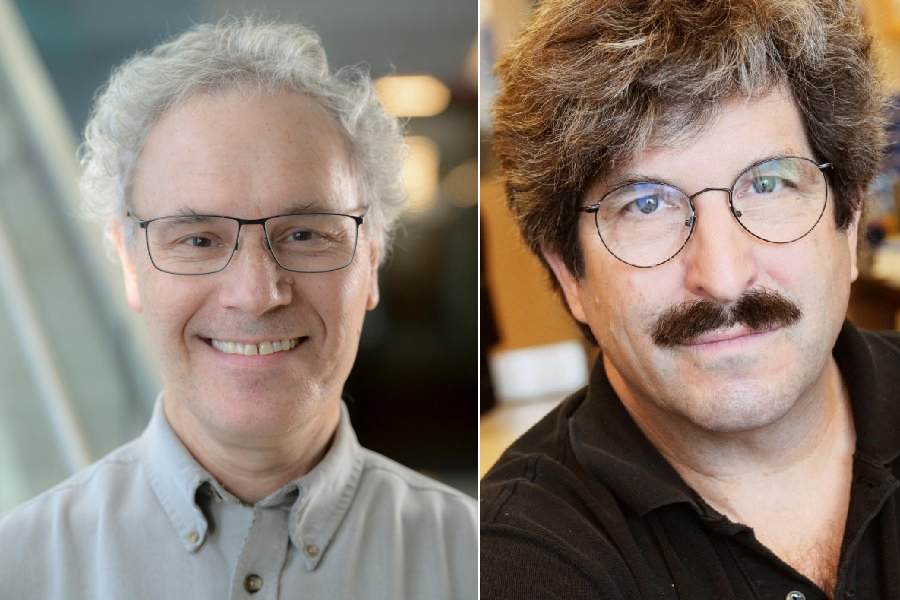Ever wished that you didn’t have to carry kilos of textbooks to school every day? That there was a way of learning which did not require you to memorise complex theories and then regurgitate them for tests and exams? Wished for an education system which did not believe in grading that undermined your confidence but allowed you to learn at your own pace? Coded Minds offers all this and more.
Omar Farooqi, a Saudi national living in Dubai, is determined to revolutionise the prevalent education system by teaching children through interactive platforms, project-based courses and group learning so that eventually this becomes the new normal. “Learning has to be fun and exciting. Schools should not prepare students just to pass exams but for employment and life in the 21st century” Farooqi said, over a cup of coffee in Le Meridian, Piccadilly, London.
Founder and chief innovation officer of Coded Minds, Farooqi gave up his lucrative, two-decade career in investment banking to follow his dream. “My schooling was all about taking exams,” said Farooqi, who studied at the expensive, private boarding school, Hurtwood House, in Surrey, UK. “Very honestly I was an average student who didn’t really enjoy school. But it was only a few years ago when my son Abdallah told me he hated going to school and writing exams just like me that I decided to look at the traditional education system properly to see if things could be done differently,” he explained animatedly.
“Too much stress is placed on the child with unnecessarily tough examinations that have always been biased towards good test takers or students with good memories. Memory is not the indicator of intelligence,” said Farooqi, father of two daughters and a son. After a lot of research into education methodology, Farooqi came up with Coded Minds where technology becomes the core medium of learning in an unconventional way.

Coded Minds believes in hands-on learning (iStock)
With Coded Minds, students learn through experiments and technology instead of memorising; they go to meetings instead of classes and collaborate with their peers; and while there are teachers to supervise, the learning is interactive and hands-on. It provides education to students from the age of four years by integrating project-based and technology-driven learning into any school curriculum, regardless of the academic board.
In the two years since it was founded, Farooqi has obtained licences in the UAE, Saudi Arabia, Malaysia and Pakistan. By 2020, he hopes to have expanded to Indonesia, Egypt and India. “So far we have taught 10,000 children. By this time next year, I expect the figure to cross five lakhs,” he said ambitiously.
“We offer learning experiences through two models — Enterprise and Direct. With the Enterprise model, we partner with private and government academic institutions or corporate institutions. We take the existing curriculum and teach it through our project-based, group learning system,” explained Farooqi. If it is a school that they have partnered with, then Coded Minds will send teachers and innovators to train existing teachers. “We do not want to take away local jobs. In fact, we want to up-skill existing teachers,” he added. They offer corporate training and development, school integration, teacher training and development, after school programmes, and innovation hub.
In the UK, Farooqi has held discussions with Eton, the famous school attended by British royalty, prime ministers and leaders around the world. “They want to try out our teaching of technology,” said Farooqi. He also met officers at Sandhurst, the British defence academy, who were interested in organising summer camps for their cadets to learn innovation and leadership. “We like to partner with influencers such as these. In India, I am looking to partner with companies like the Tatas,” he said. The Indian International School in Abu Dhabi has shown an interest in partnering with Coded Minds, and 12 school principals from India attended a presentation by Farooqi at the Indian embassy in Abu Dhabi.
In the Direct model, Coded Minds offers courses directly to students wherever they may be. Eventually, they will create a school of their own so that students can come to them. A pilot school has already been started in the UAE. There is no academic year but Coded Minds offers two-year long-term courses which are a perfect alternative for students who cannot adjust to regular school-based studies. In these 24 months, students learn all iSTEAM (innovation, science, technology, engineering, arts and mathematics) subjects through project-based learning. There are no exams at the end of the two years but there are assessments every quarter to ensure that students are grasping the concepts. From making a Formula One car to creating a replica of the Roman Empire, subjects are taught through virtual or real-life learning experiences.
Farooqi, whose father is a Saudi doctor, would like to give something back to society. “We believe quality education has got to be not just affordable but also reachable to the grassroots level,” explains Farooqi. “Private schools are exorbitant, public schools are too cheap. If a school is free, often parents and children do not care if they learn or not. We have priced Coded Minds so that it is reasonable, something that ordinary people can afford. For example, we charge around Rs 22,000 per child per year and that includes everything,” explains Farooqi.
In March this year, Coded Minds raised $2.72 million (Rs 18.75 crore) from Alarabi Investments, a Dubai based venture capital firm, bringing the company’s value to about $10.89 million (Rs 75 crore). This should help it to expand its footprint in other parts of the world.











